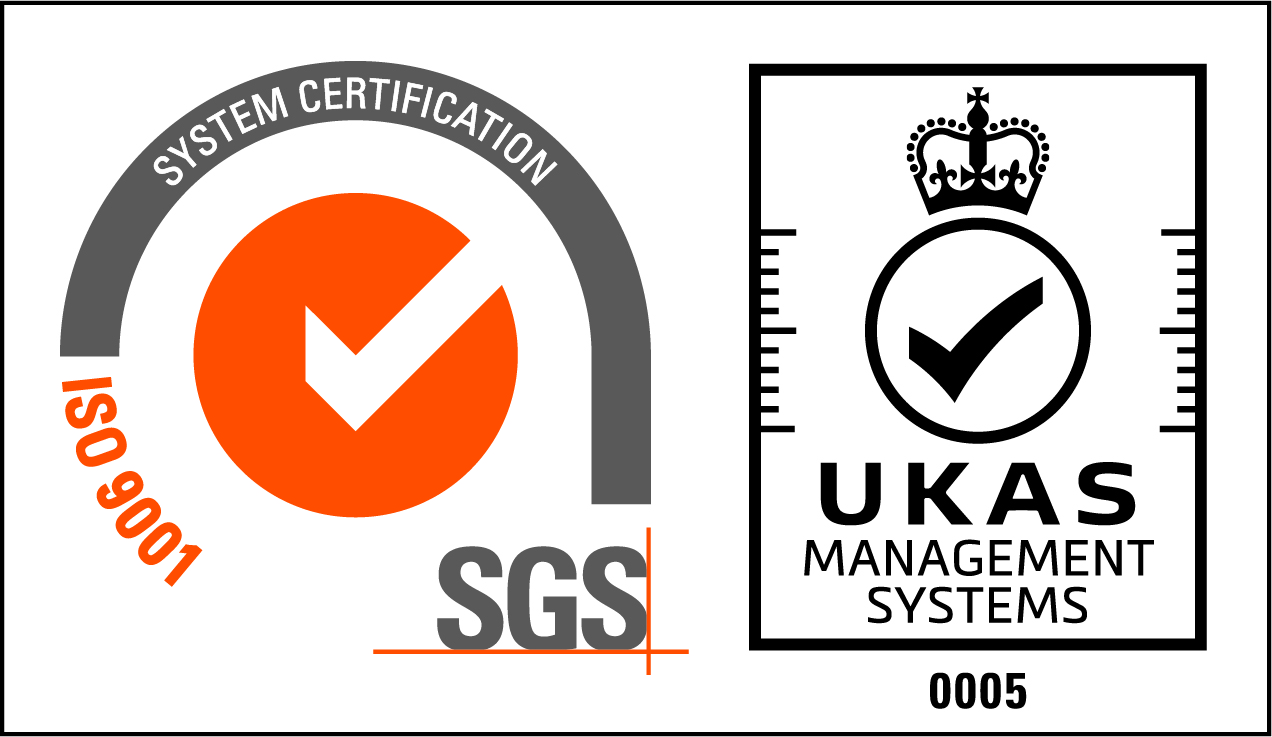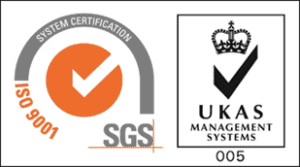Considering a collaborative working relationship with another business? Read on…
Collaboration with other companies can be an effective tool to achieve powerful things in business. Thankfully, an ISO standard exists to help businesses do exactly that. ISO 44001:2017 specifies requirements for the effective management of collaborative business relationships within or between organisations.
Interestingly, ISO 44001:2017 is applicable to private and public organisations of all sizes.
Application of ISO 44001:2017 can be on several different levels, e.g.
- A single application
- An individual relationship
- Multiple identified relationships
- Full application organisation-wide
This standard represents an involvement of international standards. This type places an emphasis on behavior, organisational culture and management process providing a common voice to underpin a sustainable business relationship.
It enables businesses to tender and compete for larger business opportunities by combining the strengths or two or more companies, rather than the thing that often holds successful business relationships back, contractual obligations and lack of business resources.
Recent tenders from local Public Sector organisations such as Northern Ireland Water and contracts with national organisations like MOD and Thames Water, have requested applicants have experience working in collaborative-working relationships and specifically hold ISO 44001:2017 certification. If you aren’t in it, you won’t win it.
Collaborative business relationships are shown to deliver a plethora of benefits, which enhance company competitiveness and performance and adding value to organisations of all sizes.
However, there are several important considerations to think about before entering into a collaborative working relationship with another business;
MUTUAL RESPECT
Creating effective collaboration requires strategies that are focused on the business objectives and recognises the risks associated with greater integration including knowledge management and business continuity, underpinned by an exit strategy to identify key concerns. This needs to be considered by all parties entering into the relationship from the outset.
LOOKING INWARDS
Appreciating what your strengths and weaknesses are is of utmost importance, if collaboration is to be successful. This includes processes, skills, experience and mindset compatible with the desired outcomes.
MAKING THE RIGHT CHOICE
Like in human relationships, it is important to understand the profile of the type of company or individual you wish to collaborate with and how you will evaluate their ability to collaborate.
WHO’S RESPONSIBLE FOR WHAT?
Developing joint governance for collaborative business relationships and integrating this with effective contractual arrangements requires careful attention to detail, taking into consideration each parties’ joint objectives.
ADDING VALUE
Each party wants to see additional value being brought to the table and partners need to buy into a continuous improvement process.
LONG TERM OUTLOOK
Joint management is crucial if relationships are to mature and support people and the business environment. Effective performance and behaviours should be measured along with issues which will be inevitable but can strengthen relationships if managed effectively.
EXIT STRATEGY
Having clear rules for disengagement will frequently improve engagement throughout the life of the relationship and into the future.
If you are considering entering into a contractual agreement with another organisation and want to know how the implementation of a collaborative working relationship ISO standards could make the process more straightforward and seamless, please speak to Quadra regarding your requirements and we’d be happy to assist.






